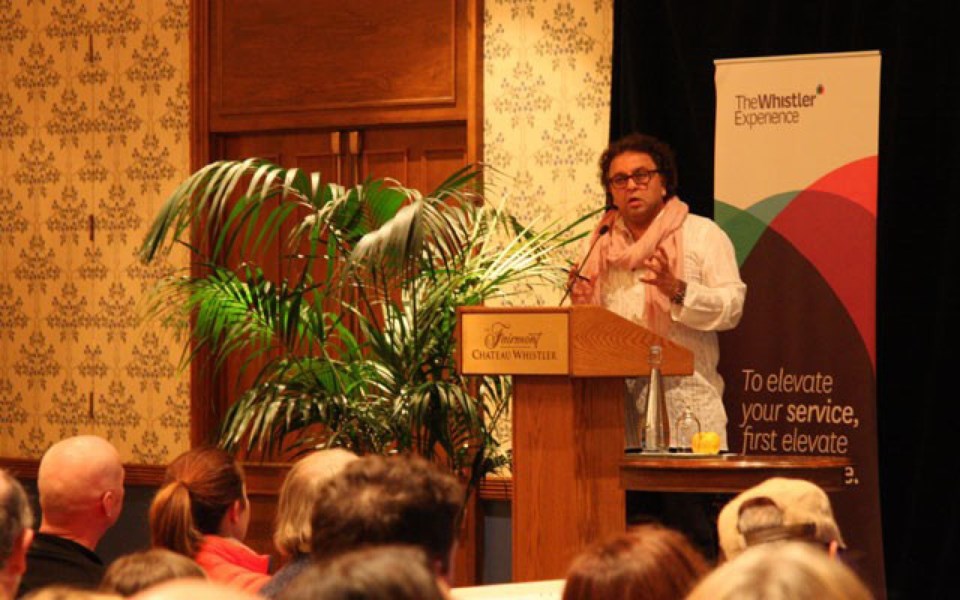New Fee for Service (FFS) agreements are being tabled for four Whistler not-for-profits, though the proposed funding amounts are below what's being asked.
The Resort Municipality of Whistler (RMOW) provides annual funding to not-for-profits that deliver services to the community through its FFS program.
With the three-year agreements expiring last year for four organizations — Arts Whistler, The Whistler Chamber of Commerce, Whistler Museum and Archives and Whistler Animals Galore — new deals are in the works for each as part of the 2018 budget process.
The Whistler Off-Road Cycling Association also has an FFS agreement ($50,000 annually for 2016 to 2018).
The four organizations asked for funding increases between 13 and 72 per cent, but the RMOW is proposing a more modest approach: a 6.1-per-cent increase over previous agreements, followed by two-per-cent increases in each of the next three years.
All told, the proposed funding adds up to $1,070,441 split between the four groups in 2018, and rising to $1,113,686 by 2020.
Arts Whistler originally asked for $874,000 — a $255,300 increase over its last FFS agreement, and well above the RMOW's proposed 2018 funding of $656,569.
"We were very aware it was a significant, significant increase, but for us... it was really striving to build on the momentum we were able to achieve and the level we were able to jump to because of the Canadian Heritage Grant ($489,500 from the federal government in 2016)," said Maureen Douglas, Arts Whistler's executive director. "Maintaining the momentum of some of that work is going to be challenging without the funds that allow us to do it."
That said, Arts Whistler is hugely grateful for the funding it does receive, and will look to get creative to achieve its goals, Douglas said.
"Three-year FFS agreements mean knowing what your fixed funding is. You can make more reliable decisions, you can plan with greater confidence... that consistency for us is huge," she said. "It means that we know at what levels we can staff, we know where we need to push harder to make revenue in those other areas... that's been a significant factor in enabling us to grow and help grow the sector in a consistent way, so for that we are really appreciative."
The Chamber asked for $250,000 to help grow the Whistler Experience program — a $105,000 increase over its previous agreement. The RMOW's proposal is $153,875 in 2018, rising to $160,092 by 2020.
"It helps us support our members to attract and retain staff, (and) it builds the programs that we've been building at a university level," said Chamber CEO Melissa Pace of the funding. "Especially for small businesses, they don't have the same resources as a large business has, so it's very important."
Like Douglas, Pace said the Chamber is grateful for the support it receives no matter the amount.
"We have big dreams and high hopes of building (the Whistler Experience) even larger — we'll have to find a different way to do it and that's OK," she said. "What we do is we peel back what our initial initiatives were, and we strategize differently, so that's what we're going to do."
WAG initially requested $90,000 ($10,000 more than its previous agreement) with the RMOW proposing $84,897 in 2018, while the Whistler Museum requested $191,00 (an increase of $26,000) compared to the RMOW's 2018 proposal of $175,099.
The proposed amounts will be used in developing the RMOW's 2018 budget and Five-Year Financial Plan.




